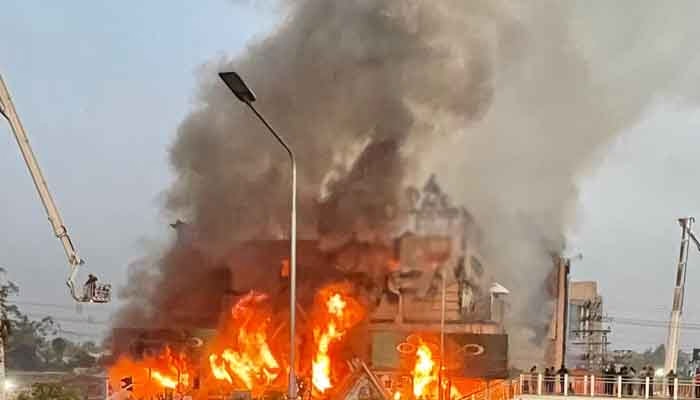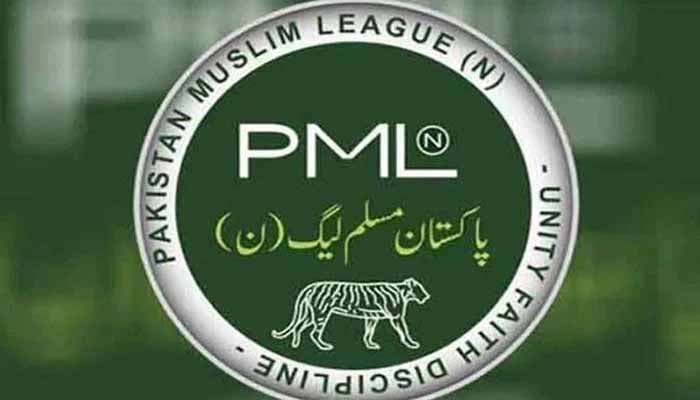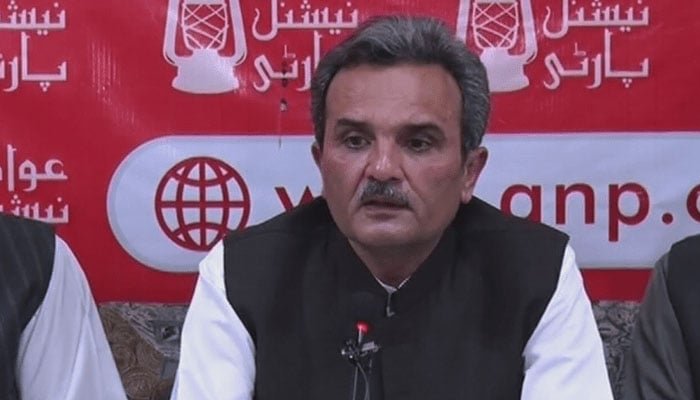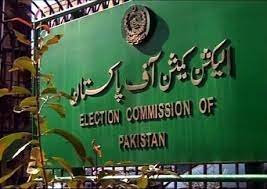The Lahore Anti-Terrorism Court (ATC) has formally indicted 31 individuals, including prominent leaders of Pakistan Tehreek-e-Insaf (PTI), in connection with the burning of the Pakistan Muslim League-Nawaz (PML-N) office. This significant legal development has captured widespread attention, marking a crucial phase in the case.
Court Proceedings and Key Accusations
The case was presided over by Judge Arshad Javed at the Anti-Terrorism Court in Lahore. Among the accused presented were PTI leaders Dr. Yasmin Rashid, Mian Mahmoodul Rashid, Umar Sarfraz Cheema, and Ijaz Chaudhry, who were brought from jail. Another accused, Sanam Javed, appeared in court to record her attendance.
During the hearing, the court indicted all 31 accused, including the aforementioned PTI leaders. The charges revolve around allegations of inciting rebellion and encouraging party workers to engage in acts of arson. These charges stem from cases registered by Gulberg Police Station and Model Town Police Station.
Denial of Charges
Despite the formal indictment, all accused parties, including the PTI leaders, denied the charges leveled against them. Their legal teams have maintained that they will contest the accusations in court, emphasizing the need for due process and evidence-based proceedings.
Next Steps in the Legal Process
The hearing has been adjourned until January 23, with further proceedings scheduled to take place in Kot Lakhpat Jail. This shift in venue highlights the sensitive nature of the case, underscoring concerns related to security and logistics.
The upcoming hearings will focus on examining the evidence presented by the prosecution and the defense’s arguments. The case is expected to involve detailed scrutiny of police reports, witness testimonies, and other supporting evidence.
Background of the Case
The charges against the PTI leaders and other accused stem from incidents linked to the burning of the PML-N office in Lahore. These events reportedly unfolded amidst heightened political tensions, with allegations that PTI leaders incited their workers to engage in destructive actions.
The Gulberg and Model Town Police Stations registered multiple cases against the accused, framing charges of arson, rebellion, and incitement. These charges are considered serious under anti-terrorism laws, carrying significant legal implications for those found guilty.
Implications for PTI Leadership
The indictment of prominent PTI leaders, including Dr. Yasmin Rashid and Mian Mahmoodul Rashid, has added a layer of complexity to the party’s political challenges. These leaders have played influential roles within PTI, and their legal battles are likely to impact the party’s activities and public perception.
For PTI, the case underscores the need to navigate legal and political challenges carefully. The party’s leadership has consistently denied any involvement in unlawful activities, framing the charges as politically motivated.
Legal and Political Repercussions
The outcome of this case carries significant implications, both legally and politically. If the accused are found guilty, it could lead to severe penalties, including imprisonment and disqualification from holding public office. Such outcomes would further strain PTI’s political standing.
Conversely, if the accused are acquitted, it could bolster PTI’s narrative of political victimization, potentially rallying public support. The case also highlights broader concerns about political tensions and the need for accountability and justice in addressing acts of violence.
The indictment of 31 suspects, including PTI leaders, in the Lahore arson case marks a critical juncture in the legal proceedings. As the case moves forward, it will test the robustness of the judicial process and its ability to deliver a fair and transparent outcome.
The accused have denied the charges, and the defense is preparing to challenge the prosecution’s case rigorously. With the next hearing set for January 23, all eyes will be on Kot Lakhpat Jail, where the proceedings will continue.
This case serves as a stark reminder of the need for political discourse to remain peaceful and constructive. It also emphasizes the importance of ensuring justice and accountability in addressing incidents that undermine the rule of law.



